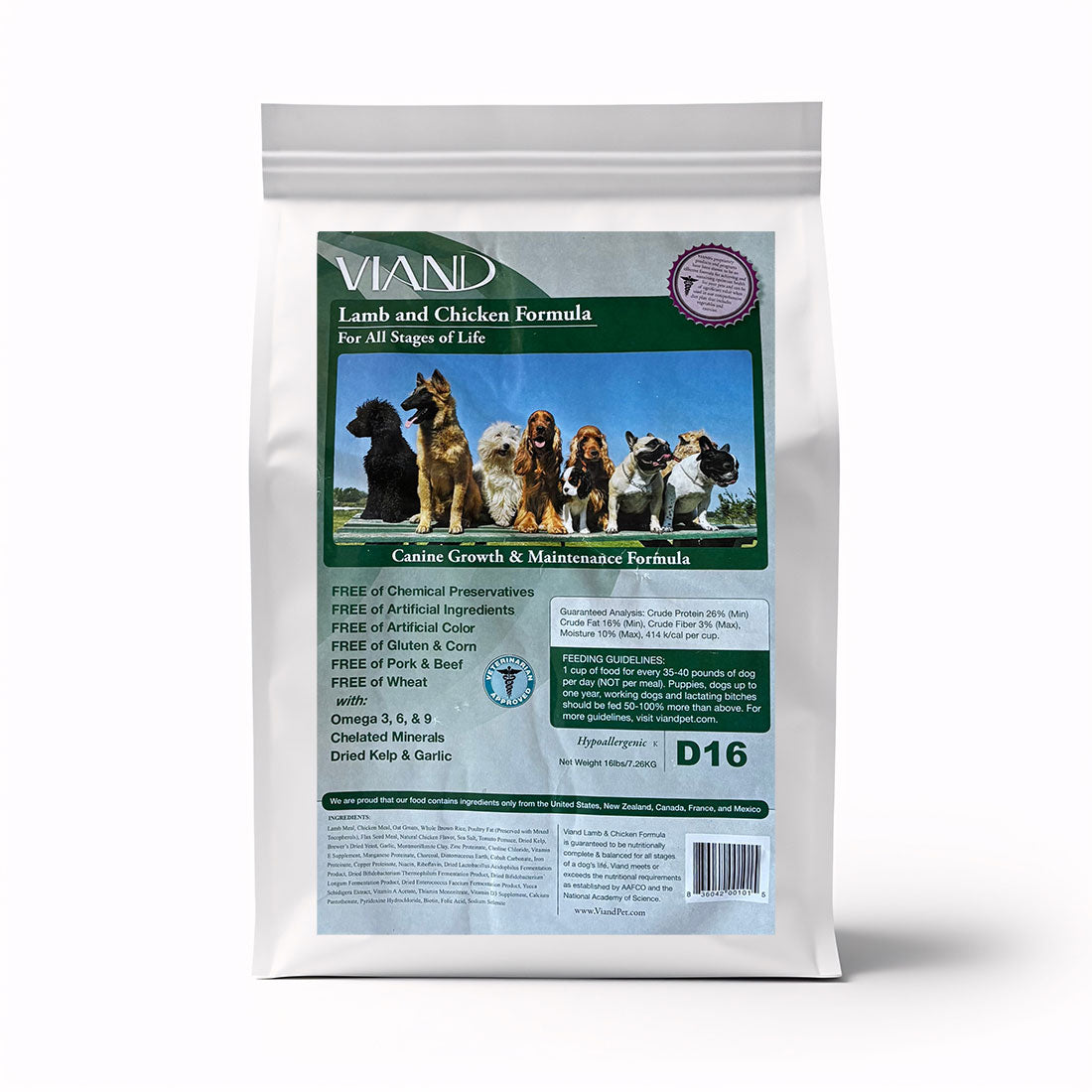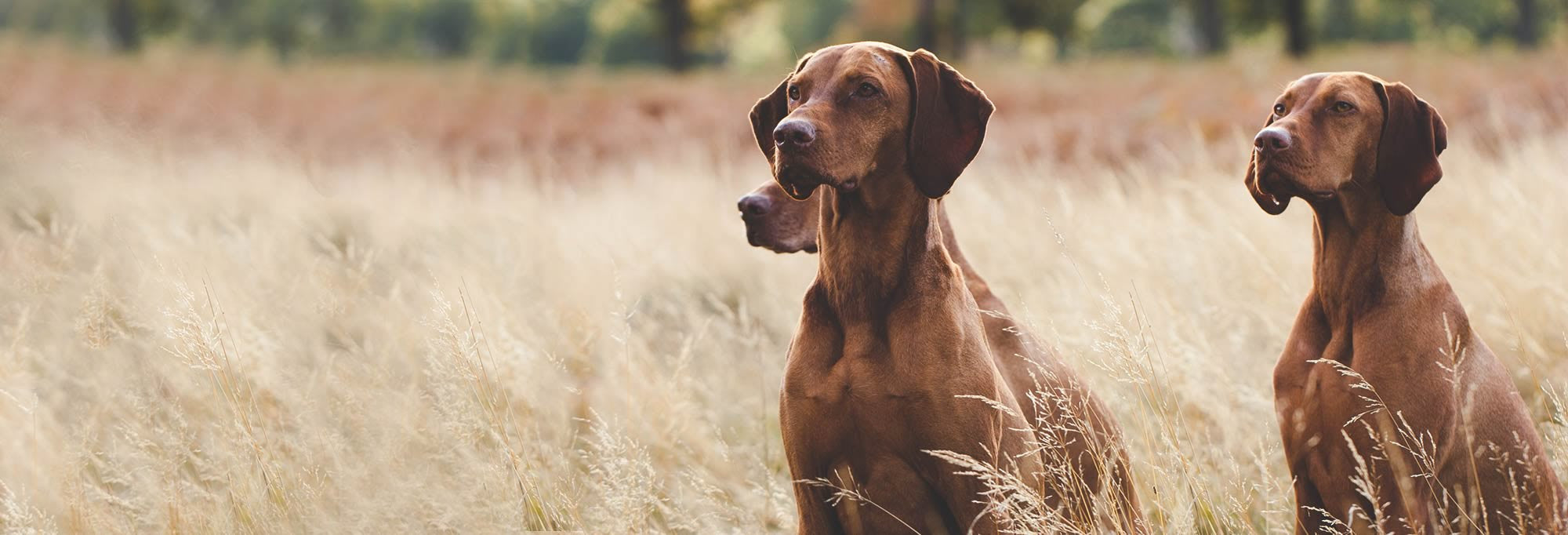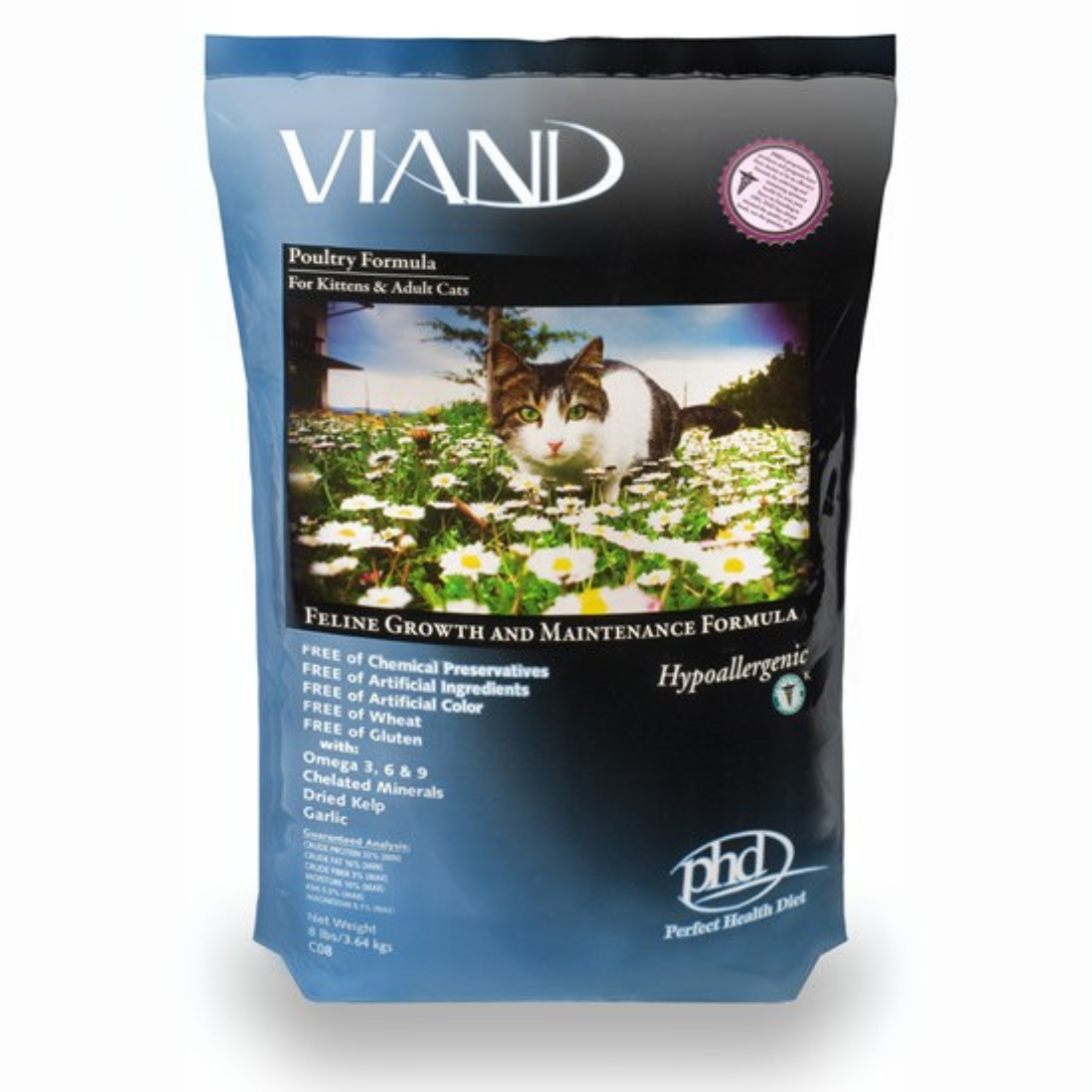· By Evan Weber
Winterize Your Pets
Is your pet feeling chilly this winter? As a responsible pet owner, it’s up to you to ensure that your pets are kept healthy and safe throughout the winter months. This doesn’t mean your pet can’t venture out into the cold for some exercise and fresh air, but it does mean that you will need to take some precautionary measures to keep Fluffy happy, healthy and warm.
Follow these 5 tips to help winterize your beloved pet during the coldest months of the year.
OUTDOOR PLAYTIME
Playing outside is a favorite pastime for many pets and the exercise they get while playing and taking brisk walks are beneficial to them. But how cold is too cold? The answer will depend on the breed and age of your dog. Let your pets play outdoors for short periods of time each day but pay attention to the thermometer. Long-haired dogs can withstand colder temperatures but generally not below 20F (-6°C). For puppies, seniors and short-haired dogs it is best to keep them indoors when temperatures drop below 40°F(4°C). Be mindful of the wind chill factor because exposed skin on your pet’s nose, ears and paws is susceptible to frostbite and hypothermia.
OPTIMAL NUTRITION
To achieve a healthy immune system for your pet, they will need the building blocks of a properly digested, high-quality pet food that is fresh, wholesome and nutrient-dense. Vitamin and mineral supplementation for pets will further add to the vitality and energy of your pet throughout the winter months. Also keep in mind that active dogs that do a lot of running around outdoors will require more food to replace much-needed calories, plus fresh water to keep hydrated. VIAND Pet offers a premium pet supplement line and is one of the first natural/holistic pet nutritional lines in the industry. VIAND Pet is dedicated to offering healthy and nutritious, all natural premium pet food without gluten for all types of dogs and cats. VIAND believes that the most important factor when raising and maintaining the overall wellness of your animal is the inclusion and introduction of raw meat. Canned, moist or processed food loses most of its integrity and nutritional value during the high-temperature manufacturing process.
WINTER WARDROBE
Your pet’s best outfit is the one he/she was born with. A dog’s natural coat will, in most cases, keep him warm. However, keep in mind that shorter haired pets, puppies and the elderly may need an added layer of protection jelly on the coldest of days. Do not cut your pet’s hair short during the winter and consider purchasing a simple coat or sweater to keep them warm and comfortable when the temperature dips. A little organic all-natural ointment or coconut oil massaged into their paws may help protect them from the irritating effects of salt on the roads and walkways. Remember to gently wash their paws with a warm washcloth after a walk to remove any residue they picked up outdoors. Booties for pets are another option although some pets may not take to them initially.
STAYING WARM INDOORS
Humans can throw on a sweater or an extra blanket when the indoor temperatures get a little chilly, but pets may need your help adjusting to the winter chill. Check to see that your pet’s bed is located in a draft-free zone. A bed preferably raised off the floor is best and an extra clean blanket or two will make for a cozy resting place. Portable space heaters can a pose a fire hazard particularly if they are positioned where a pet can topple it. Also remember that pets can suffer from dry skin in the winter months so do not place your pets sleeping area too close to any heating source and again, be sure that their water supply is fresh and plentiful.
HAZARDOUS CONDTIONS
If the temperature outdoors is too cold for you, it is likely too cold for your pet. Freezing temperatures can be deadly for your pet. They can get frostbitten, disoriented and wander into busy traffic or become lost. Additionally, if a pet’s coat becomes wet, the fur loses much of its insulating ability resulting in hypothermia. Antifreeze poisoning is another danger as it is the most common poisoning in small animals. During the winter, many car owners rely on antifreeze to keep their pipes from freezing. However, antifreeze spills and drips from a car’s radiator and can be ingested by an animal. This can have a devastating effect on the brain, liver, and kidneys. Consider using antifreeze that is free of ethylene glycol, the ingredient that makes antifreeze both sweet and toxic. Chemicals and rock salts used to melt winter ice on sidewalks and roadways can also be poisonous. These substances can stick to the pads of your pet’s feet when outdoors and cause stomach illness if the pet licks their paws. Also be on alert for frozen ponds and bodies of water that your pet may try to walk upon, to prevent drowning.
These are just a few tips to help you “winterize” and protect your pet so that you can both enjoy a healthy, safe and fun-filled winter!

